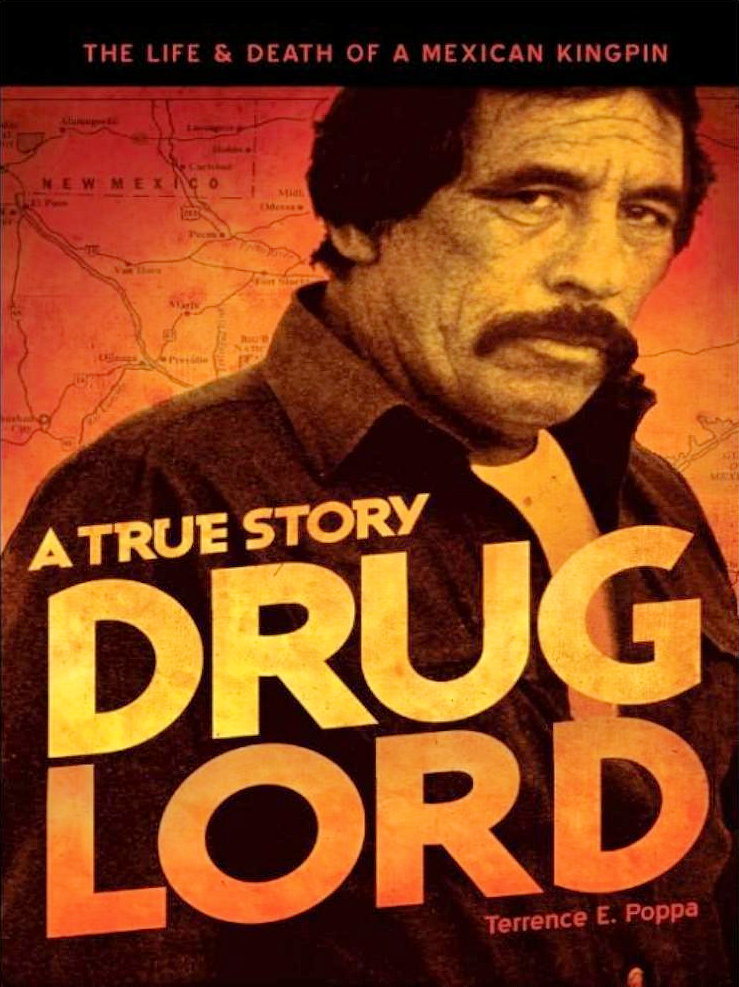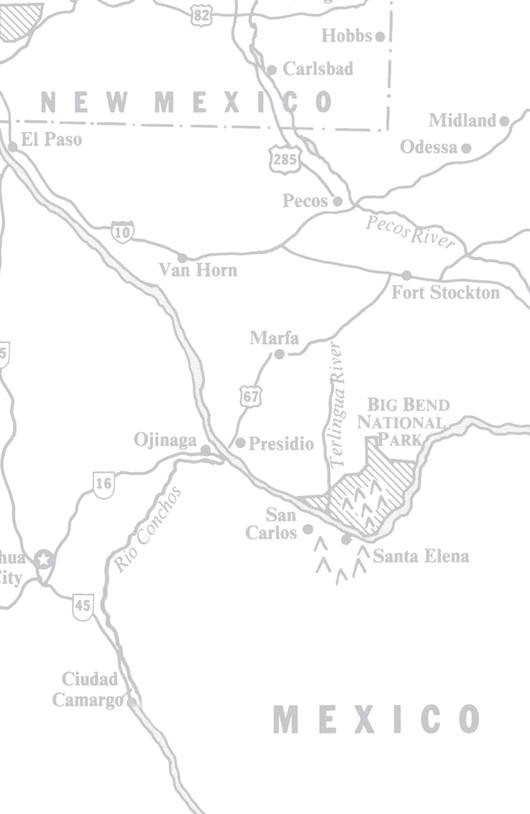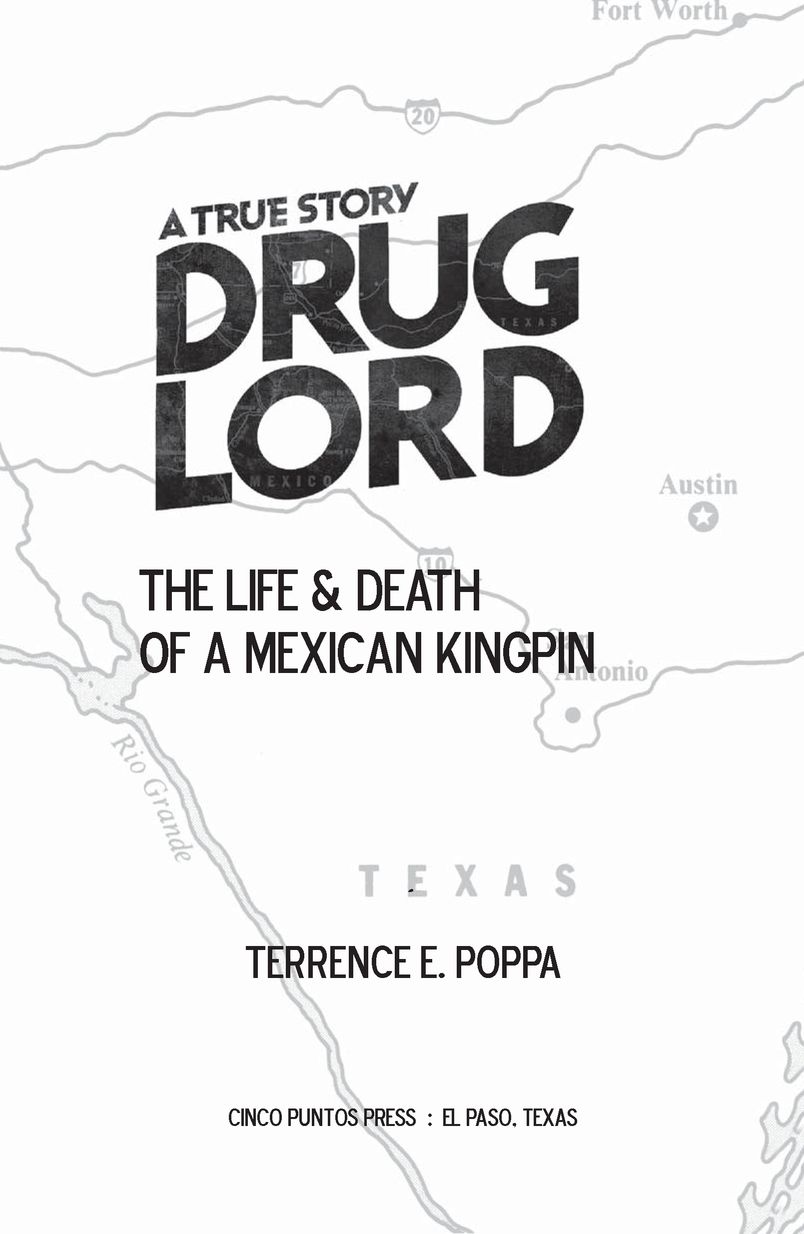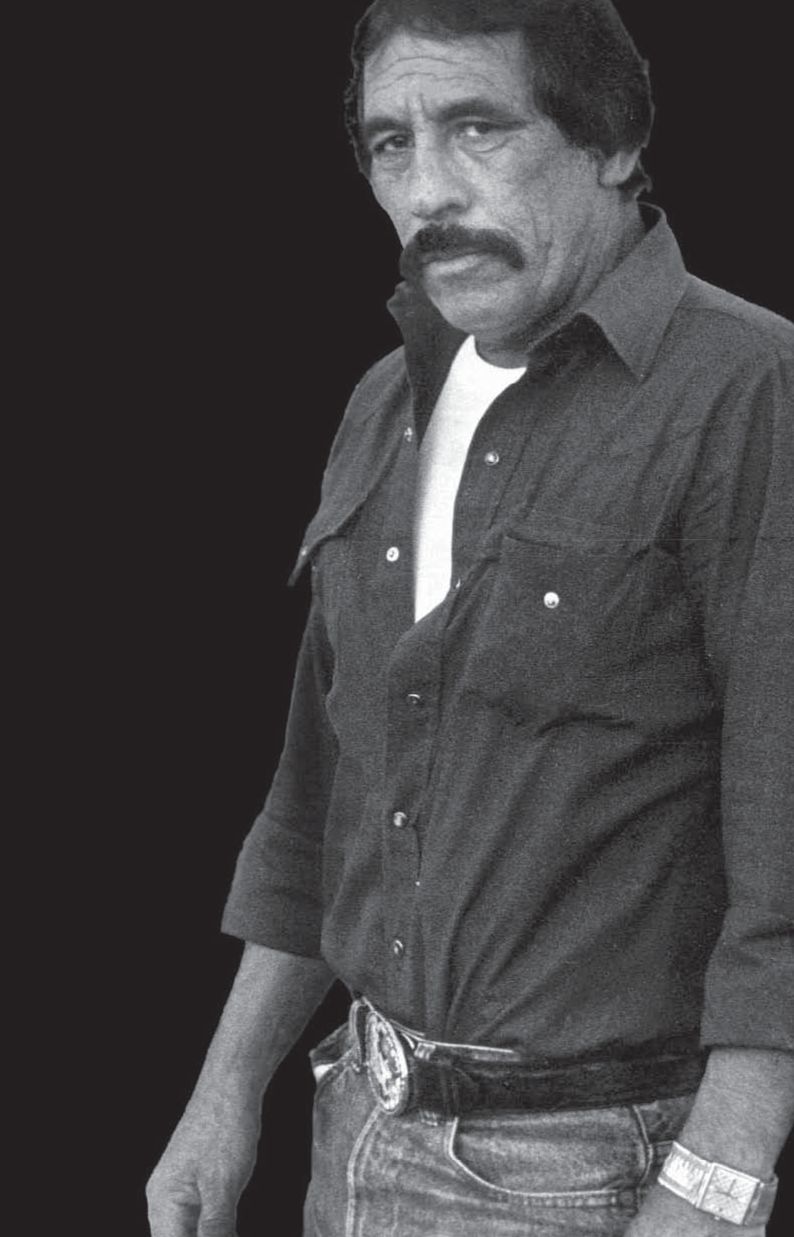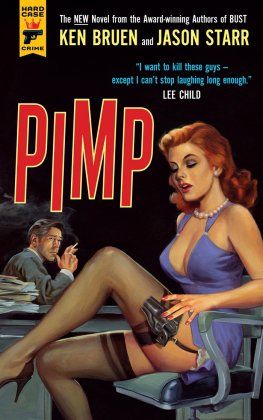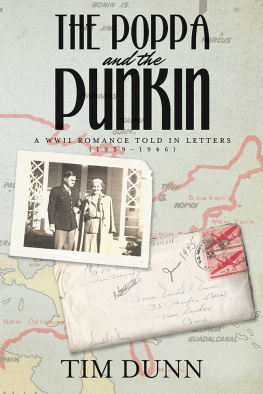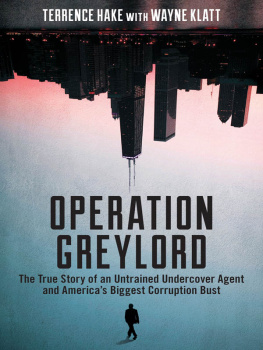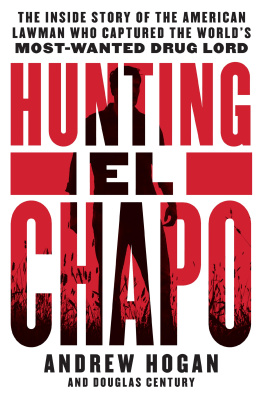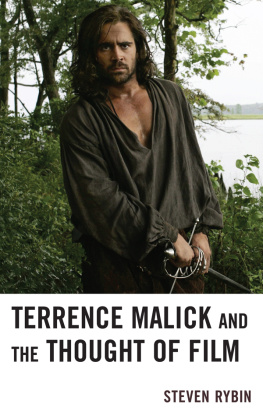Table of Contents
For Rick Kelly
DRUG LORD is a true story that depicts how drug trafficking worked in Mexico under the Old Regime, which came to an end in the year 2000.
Though some names have been omitted and several changed to protect the innocent, the characters and scenes are real. The dialogue was taken word for word from interviews with participants, including the chief participant of them all, Pablo Acosta.
PREFACE
Charles Bowden
This book could function as an owners manual for the Mexican drug cartels. Here we find the first good description of the plazathat arrangement where the Mexican government seeks a partner to supervise all criminal activity in a city. And how to maintain discipline by killing everyone connected to a lost load lest a traitor survive. And also the history of the shift of power from Columbia to Mexico, when American efforts hampered the pathways in Florida and made Mexico the trampoline for cocaine shipments into the U.S. markets.
I remember in the mid-nineties paying fifty dollars for a copy of Drug Lord in a used bookstore in El Paso and being damned happy to get my hands on it.
Terrence Poppa was a reporter for the El Paso Herald-Post. In the eighties, he captured the rise and fall of Pablo Acosta in Ojinaga, the border town across from Presidio, Texas. By that act, he wrote the history of the key moment when flights of cocaine from Columbia entered the Mexican economy. He interviewed the players, got down their life histories and made the indelible point that the people written off by their own country as ill-educated bumpkins were creative and were turning power on its head in the nation. Acostas slaughter by Mexican comandante Guillermo Gonzalez Calderoni, with the help of the FBI, ended this kind of access. Since then, becoming famous and talking to the presswhich Acosta didhas been seen as a fatal decision. And since then, the Mexican drug industry has become a source of thirty to fifty billion dollars of foreign currency a year for the Mexican economysecond only to oil, and now the oil fields of Mexico are collapsing.
His book has to be ignored by those who run countries and work for agencies. While they sketch monoliths they call cartels, Poppa actually describes in detail a world of shifting alliances, small pods of operators knit together, and billions of dollars sloshing around in dusty towns and cities. He is the historian of the actual fabric of life as opposed to being the mouthpiece for government rhetoric.
If you wish to be as ignorant and dishonest as your public officials when they mouth the pieties of the War on Drugs, then avoid this book at all costs.
But if you want to know how it works and why it works and why it will keep on working, read this book.
Besides, it is an adventure story as the working poor of Mexico claw their way to a new golden hell.
Since it was first published, only the names have changed.
This is the story behind the lies of the headlines.
The business goes on, the slaughtered dead pile up, the U.S. agencies continue to ratchet up their budgets, the prisons grow larger and all the real rules of the game are in this booksome kind of masterpiece.
And its a damn good read too.
INTRODUCTION
This book came about because of the kidnapping of an American newspaper photographer by a Juarez drug trafficker, a brutal and unprecedented event that caused an international scandal and brought about the downfall of one of the major drug traffickers of the time.
Until that event, I never had much of an interest in the subject of drugs. Drug trafficking was part of the background noise of the El Paso-Juarez region where I worked as a reporter. It was low-keyed even in its violence, and it did not draw too much attention to itself. My journalistic work, which had begun for the El Paso Herald-Post in 1984, focused primarily on reporting on a political movement in northern Mexico that was challenging the entrenched one-party system that had governed Mexico since 1929. Juarez, a mere ten blocks south of the newspaper on the other side of the Rio Grande, was the scene of what today would be called a color revolutiona democratic movement that used the non-violent resistance tactics practiced by Mahatma Gandhi to oust the British from India.
The movement, which was capable of mobilizing tens of thousands of people for its protests and demonstrations, had serious gripes: six decades of control by a single political party had resulted in a staggering degree of corruption throughout Mexico and was responsible for the generalized poverty of the country. By some estimates, a third of all tax money ended up looted by politicians and bureaucrats through one kickback scheme or another, ensuring a continuation of chronic poverty. The political system kept itself going by allowing opposition parties to form and compete for power, but it rigged elections so that the official party candidate always won. The aim was to burn up the energy and resources of opponents in fruitless campaigns yet gain the appearance of democratic legitimacy by holding elections. The electoral fraud techniques were so finely tuned that elections could be engineered to whatever percentage the government party thought appropriate for a given race. The opposition movement, therefore, focused its efforts on breaking the cycle of electoral fraud by exposing its mechanisms, backed up by massive street demonstrations.
As I eventually came to understand, the corruption that pushed Mexican citizens to the streets in protest went far beyond the looting of the public treasury; it was much deeper and far more insidious, causing harm not only to the people of Mexico but to the citizens of all of North America. This dark face of Mexico involved not just collusion with organized crime, but actually encouraging and regulating it. It was a system of command and control that ran through the country like the arteries and veins of a body, with its heart in Mexico City.
It was against this background of state-sponsored crime and high political drama that the kidnapping occurred, an unintended consequence of a series of stories on organized crime the newspaper had published. The reports focused primarily on American Mafia enterprises, but since I was the Mexico reporter, I was asked to contribute a piece about crime in Juarez. That meant drug trafficking. When I first began my work in Juarez, several Mexican journalists had cautioned me that if I wanted to stay out of trouble I should avoid three subjects: political corruption, police corruption, and drug trafficking. Ignoring the advice, I wrote a story about a fancy nine-story hotel a Juarez drug trafficker was building on one of the main boulevards. The story was published and was picked up by a wire service.
A few days later, someone from faraway Seattle called and said the Seattle Times wanted to print the story, but needed a photograph of the hotel. The newspaper sent one of its freelance photographers, Al Gutierrez. As it turned out, the photographer did not know what he was getting himself into.

